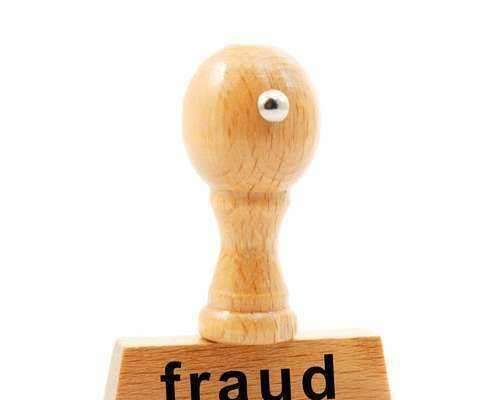Tax Fraud Explained

Tax fraud is a
serious crime in the United States and other nations as it poses a threat to
the national infrastructure, the national economy and the global economy. Many
government agencies and public services operate through the funds provided by
taxes as they are filed annually. However, when someone commits tax fraud, or tax evasion.
act of misrepresenting one’s income or other financial information in order to
not pay taxes or pay a lower amount to the Internal Revenue Service (IRS). Tax
evasion is the act of avoiding paying taxes altogether and usually entails
illegal action so that tax collectors and other federal agencies are not aware
of a person’s, or organization’s, income or means of income. These methods of
avoiding taxes are often represented on the tax returns that are filed annually
in April in the United States. However, those who commit tax evasion typically
do not file a tax return in order keep their income and not support local and
federal governments.
The tax returns that people file every year contain several sections that
require the taxpayer to note their annual income as well as possible tax
deductions that he or she may receive depending the appropriations of that
income during the year. People who commit tax fraud often alter the information
that they provide on that form in order to mislead the Internal Revenue
Service. By doing so, they hope to be taxed less and receive a higher tax
return from the government. Again, people who commit tax evasion often do not
file a return.
There are several methods that are
commonly used by those who commit tax fraud.
person is claiming that they made purchases or donations that could grant
deductions though they did not make those financial transactions. However, they
list this information on their tax return prior to filing it with the Internal
Revenue Service.
records, a person may alter the amount of income they receive annually by
making it appear that they earn less in order to be taxed less.
person is hoping to receive more deductions by claiming multiple deductions of
the same type though the transactions warranting those deductions did not take
place.
reporting personal expenses as business expenses a person is hoping to be taxed
differently by the government. For example, a household is taxed differently
from a small business. By posing personal expenses as business expenses that
person may receive more deductions and be taxed less.
estate to another person or location, a person is hoping to avoid being taxed
on the value of those funds completely.
Both tax fraud and tax evasion cases are
investigated by the Internal Revenue Service and the federal government through
tax audits and criminal investigations. People who are found guilty of
committing these acts are often fined and receive jail time for defrauding the
government.
















